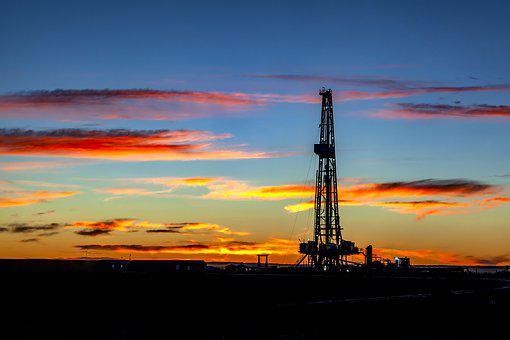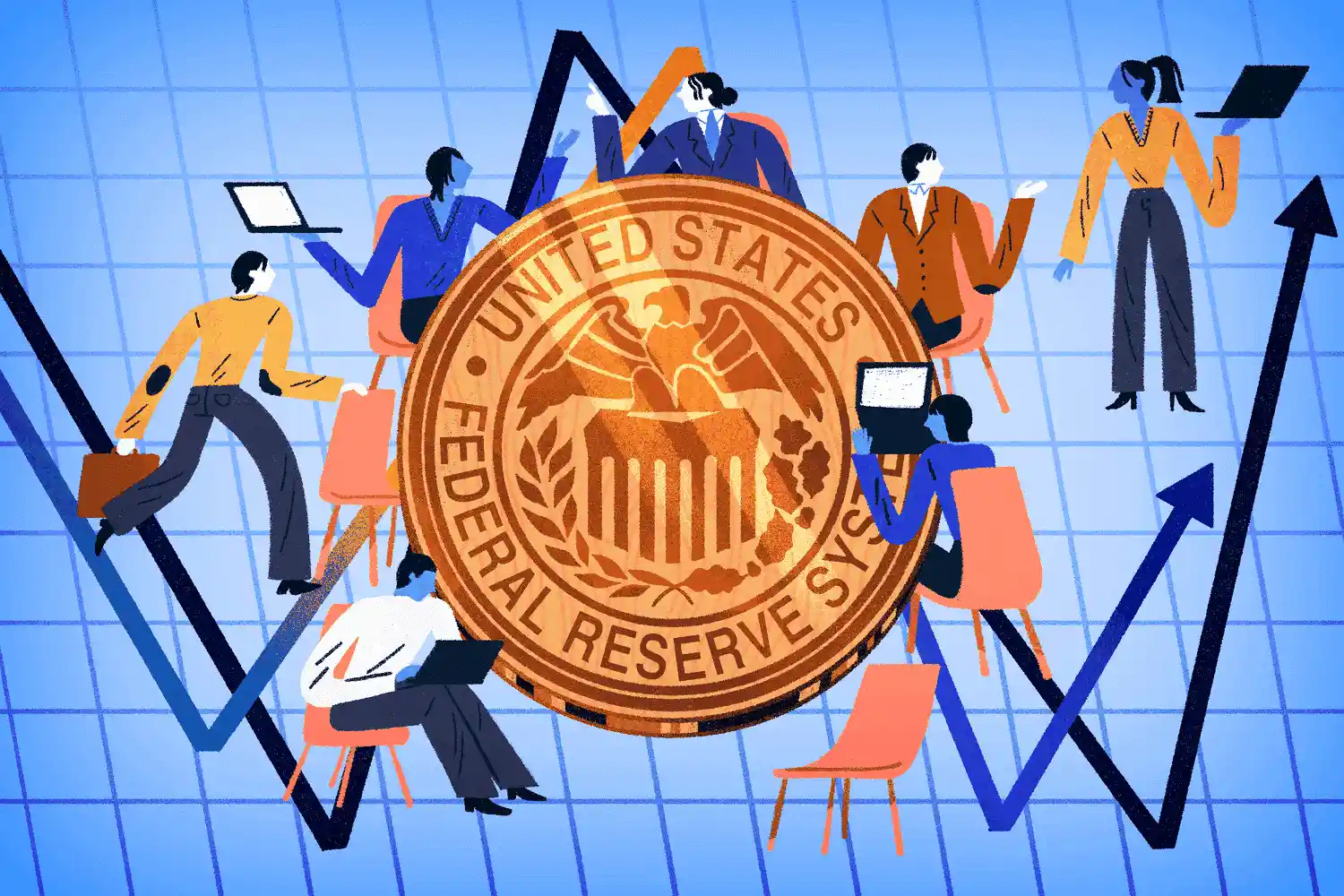The world is interconnected – not just via internet, but also by trade, commerce, and investment. Any change that happens in one part of the world will certainly have its impact on the other parts of the world. Therefore, cooperation among the nations is the only way to achieve and maintain sustainable economic growth. This kind of cooperation has not been more relevant anytime other than the COVID-stricken time of today. With the pandemic forcing world economies to slow down, the only way to boost the growth is to cooperate more among each other. This is especially true when it comes to non-renewable energy.
Role of Russia in Natural Gas Supply
Russia is the largest supplier of natural gas to the whole of European Union. Most of the EU nations are very dependent on non-renewable energy sources. Of this, about 14 % comes from natural gas, which is expected to increase in the coming years. On an average, EU nations’ dependency on Russia’s natural gas can be calculated at around 40% to 45%.
Because of this, the entire continent stands vulnerable to the fallout from the Russia-Ukraine conflict. The Eurozone is now facing concurrent economic shocks from the war, increased scarcity for food and surge in energy prices as a result of sanctions imposed on Russia. Of particular mention here is the disruption in the supply chain of wheat and sunflower oil sectors which has led to shortage of these products in the Eurozone. Just a few days into the conflict, the price of sunflower oil shot up by a roaring 30%. Wheat Futures also has a similar story to tell, which went up by 12%.
And to top it all, in an attempt to prop up its struggling currency and to undermine the sanctions imposed, Russia is now demanding that payments for future gas exports must be made in Roubles. This has gone a long way in strengthening the Rouble.
Russia’s rouble-for-gas demand has forced EU nations to switch to roubles from dollars, thereby increasing the demand for the Russian currency. As a result, Rouble has strengthened by more than 30% this year against Dollar, making it this year’s second best performing currency. In February of 2022, it was 0.0133, but now the pair stands at 0.016.
Alternatives For EU
Now at this point one may feel that EU can very well overcome this issue by sourcing natural gas in other alternative forms. However, this is not as easy as it sounds. For instance, buying natural gas from Norway, Holland and other non-EU nations like Algeria may sound a good alternative; but the truth is that these nations have already reached their maximum production capacity and are in no situation to meet the growing natural gas demand of the EU nations.
EU does have a different alternative available which would be meeting the additional requirements by buying on the spot market. This is do-able but would cost them more, and would still affect the smooth functioning of their economies.
In short, with tension between Eurozone and Russia still rumbling on, no good options are apparently available for the European Union.
Russia in Safe Zone
A critical factor that is worrying the EU nations is that Russia is not dependent on EU nations for selling its natural gas which makes Russia’s leverage in energy politics hard to ignore. In other words, the EU needs Russia more than Russia needs the EU.
Impending Recession
Every single day, EU nations pay millions of dollars for its natural gas demands. Considering the fact that there are no viable alternatives, any sudden disruption in supply of natural gas would lead to a recession in most EU nations. Energy cost and food cost in Eurozone are soaring, which are not going to come down in the near future. All these indicate that the table is set for an economic downturn in European Union.
Top economists forecast that such a recession can wipe out 400,000 jobs in Germany alone. Similar job cuts can be expected in other EU nations too which would result in increased defaults on loans, thereby jeopardizing the smooth functioning of banks. Economic growth will also be affected and the countries will have to face stagflation, which is a situation characterized by higher unemployment and slower economic growth.
Conclusion
The age of competition is over. The new age is about realizing and accepting the role of global cooperation. A problem in any one part of world economy should be dealt collectively and with collaborative responsibility than trying to outsmart other economies. Otherwise, it will only do more harm than good.








